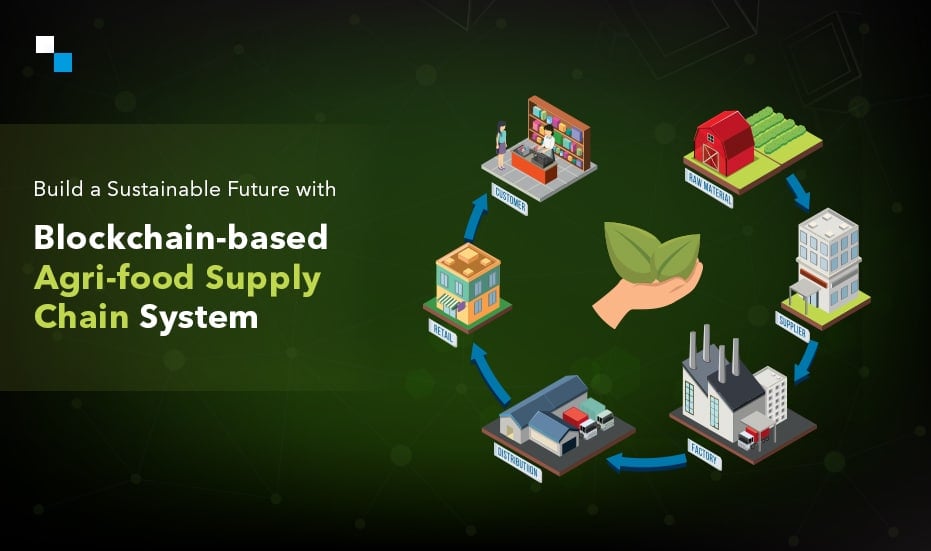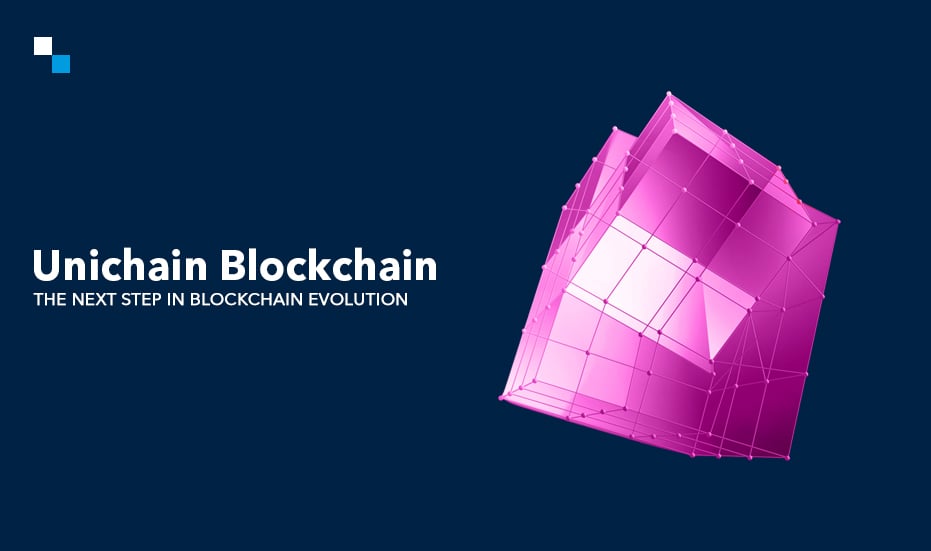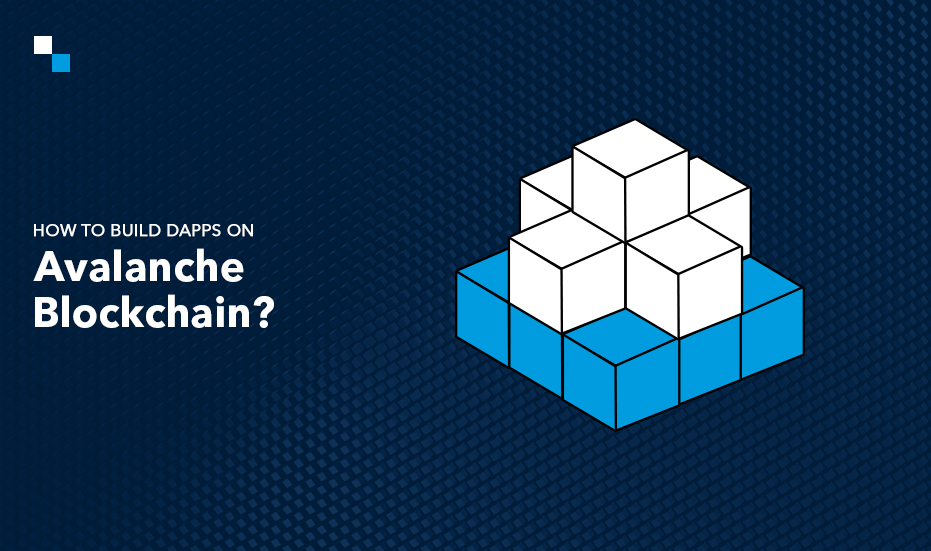
Top 10 Cryptocurrencies That Are Elevating The Metaverse Experience
December 6, 2023
The Future of Web3 Smart Contract Development: Trends and Innovations in 2024
December 6, 2023In today’s technology-driven age, businesses are directing their focus on an agri-food supply chain model that promotes sustainability, reduces waste, and stimulates a change toward healthy sustainable diets. This transition has now become a necessity due to increased fraud, health concerns, climate change, growing population, unethical food practices, and other major reasons. The urge to achieve sustainability leads many businesses to adopt transformative technologies like Blockchain. The emergence of Blockchain supply chain development reshapes the industry by providing transparency, traceability, and efficiency across the entire ecosystem.
In this blog, we will cover in-depth the current landscape of agri-food supply chain sustainability and how it can be transformed with Blockchain adoption.
What is an Agri-food Supply Chain?
Agri-food supply chain refers to an integrated system that describes how food from farms reaches the final consumers. This agri-food system includes different stages, including food production, processing, distribution, marketing, consumption and disposal.
What is Sustainable Agri-food Supply Chain Management?
The sustainable agri-food supply chain is a value chain that scores high in terms of economic, social, and environmental sustainability. In simple words, it should be profitable throughout all the supply chain stages, offer many benefits to society, and have a positive or neutral impact on the environment.
The Current Landscape of Agri-Food Supply Chain
Before we discuss how a Blockchain based agri food supply chain can help achieve sustainability, let’s focus on the challenges the industry faces-
- Environmental Impact
From habitat loss to pollution, traditional farming practices often contribute to several environmental challenges. The use of chemical inputs, gasoline-powered machinery, excessive water consumption, and burning fields are some significant contributors to greenhouse gas buildup in the atmosphere.
- Ethical Concerns
The sustainable agri-food supply chain model can be developed by taking the environment into account and the people who grow, harvest, process, and distribute it. The traditional agri-food supply chain model faces the challenges of unethical labor practices, fair trade issues, and exploitation of vulnerable communities within the system. This is the reason why consumers are increasingly demanding transparency within the agri-food supply chain system to know the origin and production methods of their food.
- Waste and Inefficiency
The malfunctioning of the agri-food supply chain system leads to substantial food waste. The malfunctioning could be related to any managerial and technical limitations, including outdated record-keeping methods, inefficient food handling practices, poor storage facilities, delays in processes, lack of real-time data sharing, and more.

Blockchain’s Contribution to Agri-Food Supply Chain Sustainability
- Enhanced Transparency and Traceability
Blockchain technology is widely popular for its foundational feature of providing an immutable and transparent ledger that allows a user to record every supply chain transaction (from planting a seed to the final delivery of the product) in a decentralized and secure way.
Blockchain based agri food supply chain provides complete ease to consumers to gain a wealth of information about the product, such as the origin of the product, production methods, and sustainability practices involved. Additionally, the immutable feature of Blockchain ensures the information recorded on the ledger is authentic, further preventing fraudulent claims about the organic and sustainable sourced products. Blockchain based agri food supply chain fuels consumer empowerment and provenance verification that paves the way for a sustainable future for businesses.
- Smart Contracts for Fair Trade
Smart contracts on a Blockchain based agri food supply chain have the potential to transform the trade practices within the system. It automates the compensation to farmers when predefined conditions are met. Apart from fair compensation, using Blockchain solutions for agri food supply chains also enables transparent and traceable payment processes that reduce fraud, unfair compensation, or delayed payment issues.
- Reduce the Carbon Footprint
Blockchain based agri food supply chain provides complete visibility within the system that allows stakeholders to make informed decisions regarding carbon emission reduction. Using Blockchain solutions for agri food supply chain would be a strategic approach as it helps achieve sustainability, enabling businesses to optimize the transportation routes for reduced fuel consumption and lower carbon emissions. Besides, real-time tracking of goods from farm to fork helps minimize spoilage and waste.
- Efficient Resource Management
Blockchain based agri food supply chain promotes precision farming for improved agricultural production sustainability. IoT devices integrated with Blockchain help observe, measure, and monitor soil moisture and nutrient levels and other crucial factors for increased production. This data enables farmers to perform precise resource management such as reducing the use of fertilizers, optimizing irrigation processes, conserving water resources, and more. Such a practice helps farmers adopt more sustainable practices and build a green future for the generations to come.
- Prevent Fraud and Ensure Quality
The tamper-resistant nature of Blockchain allows individuals to record certifications for organic farming practices, fair trade, and other sustainability initiatives taken securely. It helps prevent fraud, maintain the quality of sustainably sourced products, and foster trust among consumers about the authenticity of the sustainability claims made by producers and suppliers.
Conclusion
There is no second thought over the fact that Blockchain is transforming the agri-food supply chain, fueling the sector with maximum transparency, traceability, efficiency, and all other elements required for building a sustainable future. The agri-food supply chain faces numerous challenges. However, the Blockchain based agri food supply chain addresses all the issues while aligning with the principles of sustainability. Utilizing Blockchain solutions for agri food supply chains can help businesses make a fundamental shift toward a more sustainable, responsible, and transparent food ecosystem.
Antier is a leading technology firm that specializes in building Blockchain based agri food supply chain ecosystems for businesses worldwide. The company offers Blockchain supply chain development services that helps build a sustainable agri-food supply chain of businesses. With Antier’s support, the journey to developing Blockchain-based solutions will become convenient.



